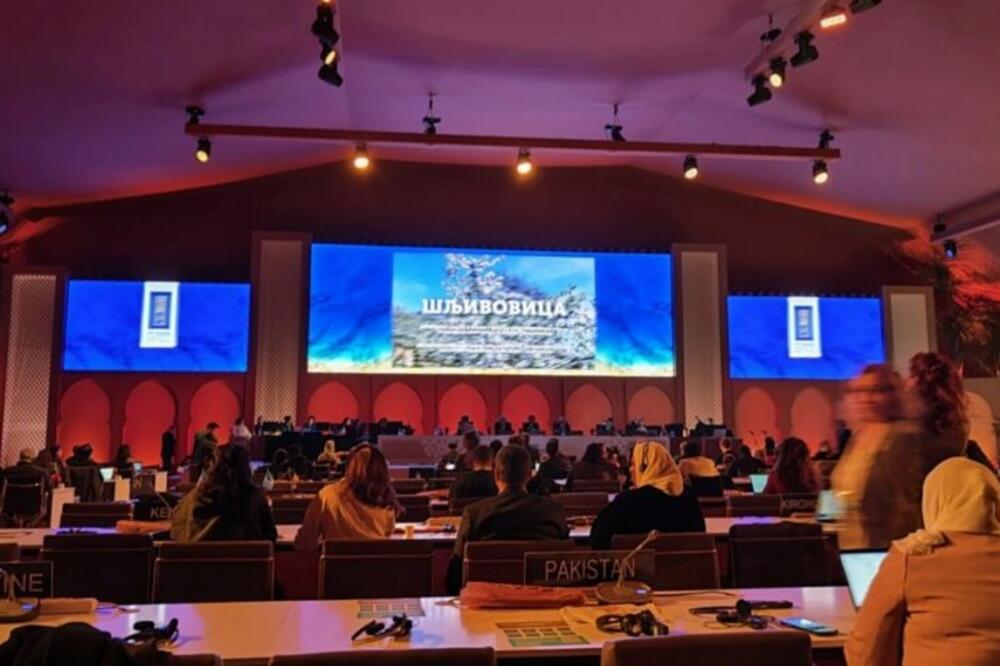Social practices and knowledge related to the preparation and use of the traditional plum drink - šljivovice, an element of the intangible cultural heritage of Serbia, is included in the UNESCO Representative List of the Intangible Cultural Heritage of Humanity, reports N1.
As announced by the Ministry of Culture of Serbia, the decision on registration was made by the Intergovernmental Committee for the Preservation of Intangible Cultural Heritage at its 17th session in Rabat, Morocco.
In 2021, the Ministry of Culture of Serbia nominated šljivovica for the Representative List of Intangible Cultural Heritage of Humanity, and the nomination was prepared by the Center for Intangible Cultural Heritage of Serbia at the Ethnographic Museum in Belgrade, with the participation of heritage holders, local communities, institutions and non-governmental organizations, associations, and proponents are the Ethnographic Museum in Belgrade and the Čačak National Museum.
The inclusion of the knowledge and skills required for the preparation of plum wine at home and its use in everyday and customary practice on the UNESCO Representative List significantly contributes to increasing the visibility of the intangible cultural heritage at the national and local level, as well as the international promotion of the "living heritage" of Serbia, according to the announcement. .
"The nomination, which brings together the culture of plum cultivation, traditional crafts, food culture and customs, as well as the baking of plum wine and its use during private or public events, reflects the wide spread of the element and best demonstrates how traditional skills and practices can be developed in a modern environment , preserving its importance even in the conditions of the development of modern society", they added.
Bonus video:




